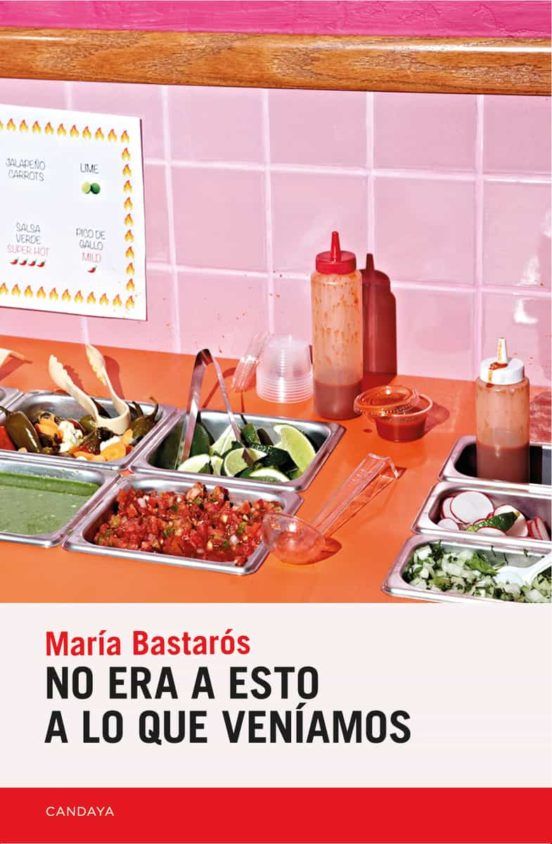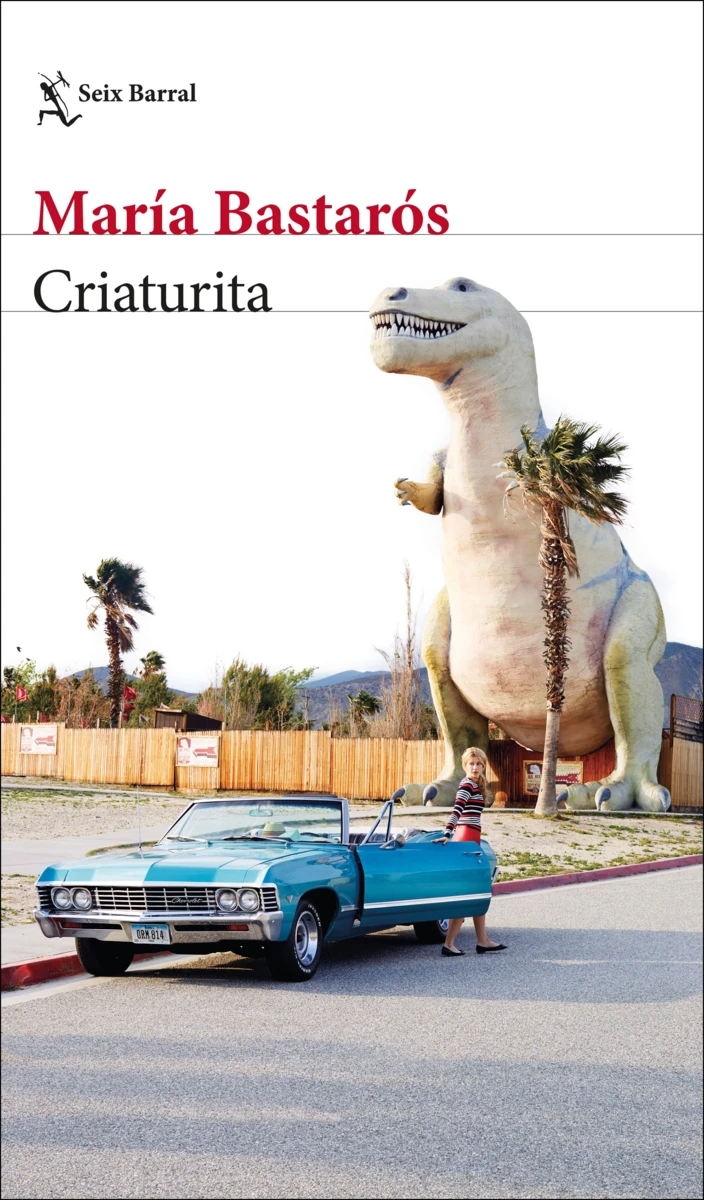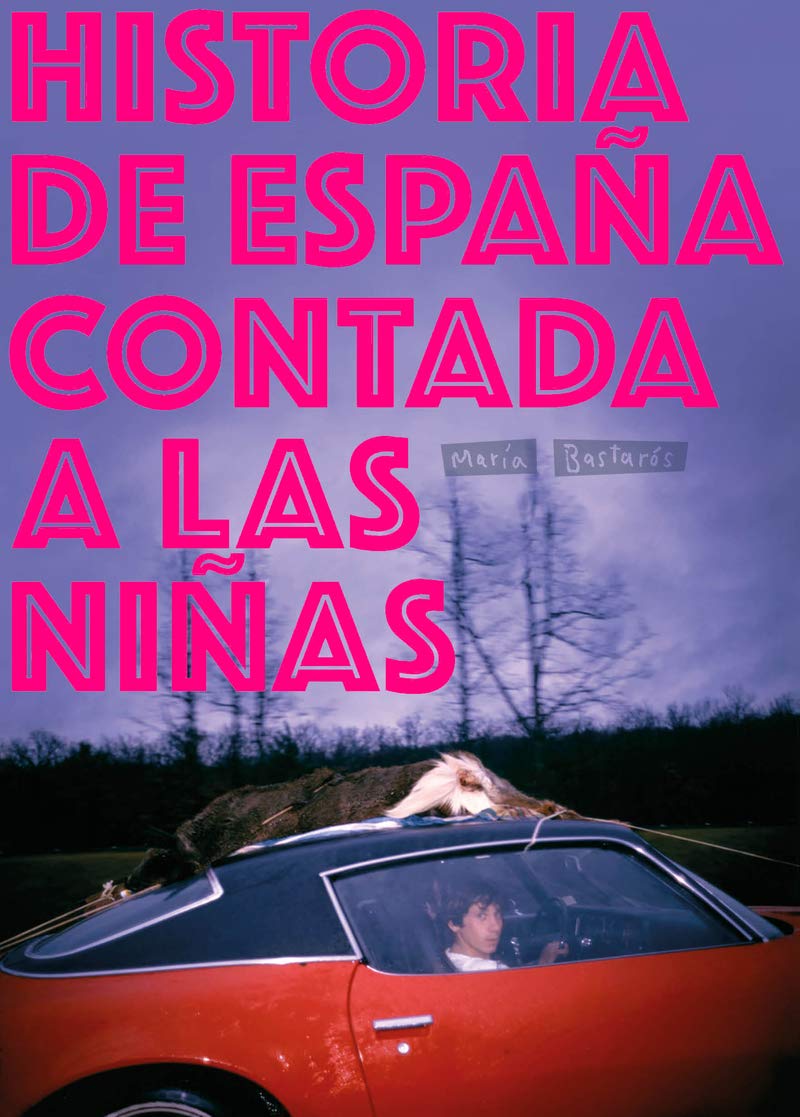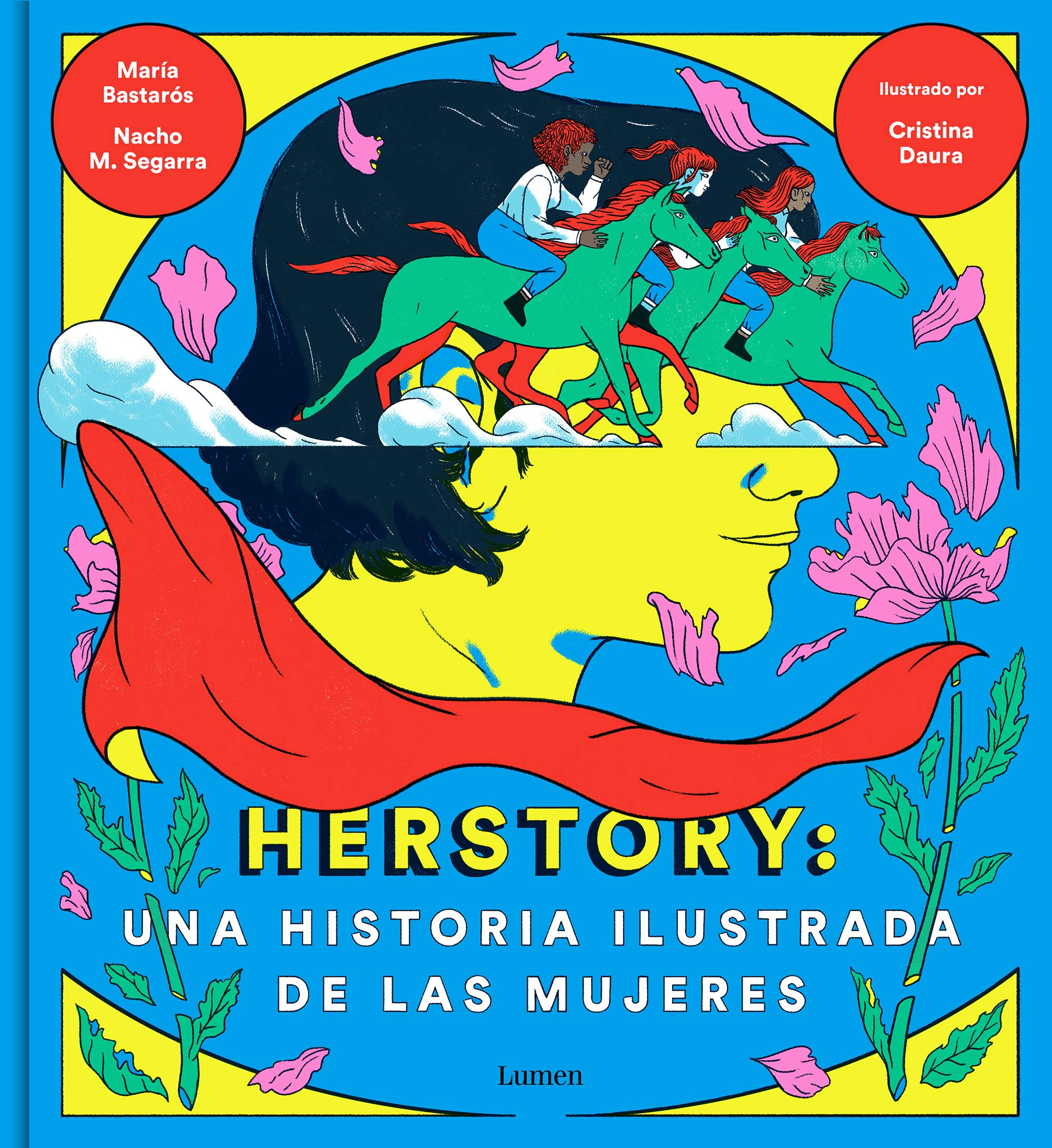
No era a esto a lo que veníamos
No era esto a lo que veníamos is a book about the horror of normality.
Its characters struggle to integrate themselves in a cosmos that legitimates their existence: one of romantic love, maternity, developments with swimming pools, a job with a salary, a traditional family. A longed-for normality that slowly becomes hostile territory, stifling, where life is often difficult to sustain.
After her stunning debut, Historia de España contada a las niñas, María Bastarós surprises us again with these tales of asphyxiating environments: the desert of Los Monegros, the erosion of the Bardenas, abandoned roads, industrial bays… Places that mark a path toward the margins or toward delirium, where people always seem to find the opposite of what they were looking for.
«Gripping . . . Never knowing where things might go next becomes part of the pleasure of the book.» Chris Power, Guardian
«Seamlessly translated from the Spanish by Kevin Gerry Dunn. . . Bastarós’s meticulous prose has an endless capacity to shock.» TLS
«A funny, ferocious, confronting collection of short stories foregrounding the voices and experiences of women and children.» The Bookseller, Editor’s Choice
«An important new voice in European literature.» Irish Times
«These stories of girlhood and sexuality are wonderfully powerful: sensual in their craftsmanship, devastating in their effect. I keep on going back to them to marvel at Bastarós’ ambition and her risks. I loved, loved, loved this book.» Naomi Wood, winner of the BBC National Short Story Award
«A perverse way of writing and thinking bordering on genius.» Jesús García Cívico
«These short stories seem macabre but are full of tenderness and fragility. A masterful magic, charm and strength. Maria is an amazing author.» Maria Riutort, COPE
«A bomb to normality.» Noelia Ramírez, El Periódico
«From the Monegros desert to abandoned roads, industrial estates or brand new housing developments, María Bastarós unfolds an enveloping and disturbing universe that connects with our most primal fears, the reverse side of desire and the terror of the everyday.» Marta Ailouti, The Objective
«We find ourselves with one of the year’s most piercing works in terms of narrative, especially if we arch our gaze and approach the uncomfortable, unpleasant and sometimes terrifying world – because it is anodyne, dry – that Bastarós proposes from the twist of our own contemporaneity.» XL Semanal
«An accurate shot to the marrow of normality. A perverse, disturbing and lucid look capable of making you see the heroine that hides in a beautiful field of poppies. Absolute devotion for María Bastarós.» Rosario Villajos
«A perverse way of thinking that verges on brilliance.» Javier Lahoz, El Periódico
«A splendid book in which the author brings together everything that a short story should have.» Carlos Fortea, La República Cultural
World English: Daunt Books


